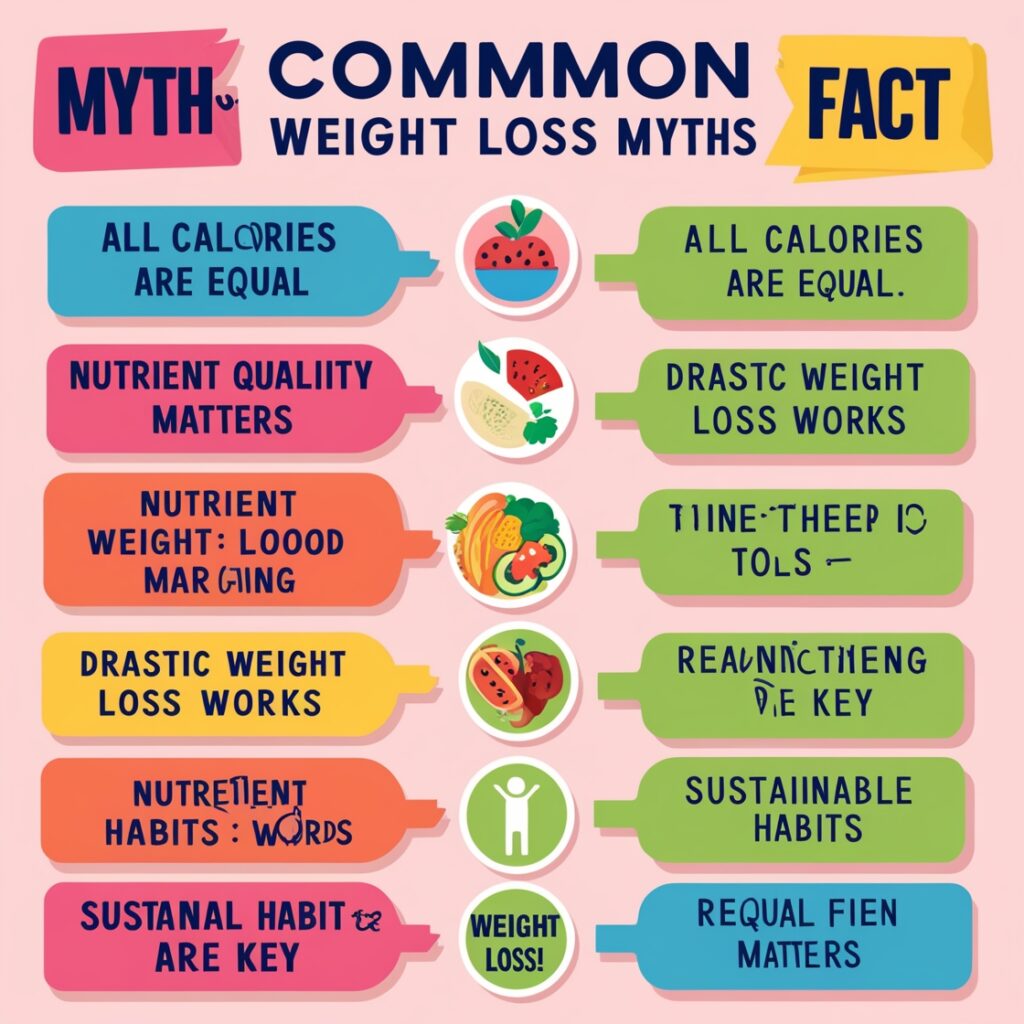Why is losing weight so difficult? This question plagues many individuals embarking on their weight loss journey. The truth is, critical facts about weight loss dieting often go unnoticed, leading to frustration and disappointment. In this comprehensive guide, we’ll explore why losing weight is so hard and provide you with essential information to help you succeed.
The Challenge: Why Is It So Hard to Lose Weight?
One of the most critical facts about weight loss dieting is that it’s not as simple as “eat less, move more.” Let’s delve into why dieting is so hard:
- Biological Factors: Your body resists weight loss as a survival mechanism.
- Psychological Barriers: Stress, emotional eating, and ingrained habits pose significant challenges.
- Environmental Influences: Our food environment often promotes high-calorie, processed foods.

Understanding these critical facts about weight loss dieting is crucial for setting realistic expectations.
Debunking Weight Loss Myths

As we explore critical facts about weight loss dieting, it’s important to address common misconceptions:
- Myth: Drastic weight loss methods are effective. Fact: Sustainable weight management requires long-term lifestyle changes.
- Myth: All calories are created equal. Fact: The quality of calories matters as much as quantity.
- Myth: Cheese causes constipation. Fact: This is largely a misconception; moderate cheese consumption typically doesn’t cause constipation.
- Myth: Weight loss is easy if you just try hard enough. Fact: Losing weight involves complex physiological and psychological factors.
<<<Get Multi Collagen TO Burn Fat and Break down food>>>
Critical Facts About Weight Loss Dieting: The Science Behind It
Understanding the science is one of the most critical facts about weight loss dieting. Here’s what you need to know:
- Metabolic Adaptation: As you lose weight, your metabolism slows down, making further weight loss challenging.
- Hormonal Changes: Weight loss affects hormones that regulate hunger and fullness.
- Body Composition: Losing weight too quickly can result in muscle loss, which further slows metabolism.
Practical Strategies for Successful Weight Loss
Armed with these critical facts about weight loss dieting, here are effective strategies to implement:
- Set Realistic Goals: Understand that healthy weight loss is typically 1-2 pounds per week.
- Prioritize whole, nutrient-packed foods rather than processed options.
- Practice Mindful Eating: Pay attention to hunger cues and eat without distractions.
- Incorporate Regular Physical Activity: Aim for a mix of cardio and strength training.
- Get Plenty of Sleep: Poor sleep can easily disrupt hormones that regulate your appetite.
- Master Stress Management: One of the critical facts about weight loss dieting often overlooked is the impact of stress. High stress levels can sabotage your weight loss efforts in multiple ways.
Special Considerations for Different Diets
Whether you’re considering a vegetarian diet or any other specific eating plan, it’s crucial to ensure you’re getting all necessary nutrients. This is one of the critical facts about weight loss dieting that’s often overlooked.
The Psychological Aspect of Weight Loss
Losing weight for a guy or girl isn’t just about food and exercise. Critical facts about weight loss dieting include the importance of:
- Building a positive body image
- Developing a healthy relationship with food
- Creating sustainable habits
- Overcoming emotional eating patterns
Tracking Progress Beyond the Scale
While the scale shows one aspect of progress, your before and after fat loss journey reveals much more. Before and after fat loss photos can be motivating, but also consider tracking:
- Body measurements
- How your clothes fit
- Energy levels
- Mood and mental clarity
- Fitness improvements
Interesting Facts About Losing Weight
Did you know these fun facts about losing weight?
- Muscle tissue uses more energy than fat, even when the body is at rest.
- Drinking water before a meal can reduce your appetite and help with portion control.
- Adequate sleep plays a crucial role in supporting effective weight loss.
- Strength training can help you lose fat while maintaining muscle mass.
Statistics About Weight Loss
Understanding statistics on losing weight can provide perspective:
- According to some studies, only about 20% of people are successful at long-term weight loss.
- On average, people make 4-5 attempts at weight loss before succeeding.
- Weight loss of 5-10% of body weight can have significant health benefits.
<<<Get Multi Collagen TO Burn Fat and Break down food>>>
Conclusion: Embracing the Journey
Remember, when it comes to critical facts about weight loss dieting, the most important thing is to focus on health, not just numbers on a scale. Losing weight is hard, but armed with the right information and strategies, you can overcome the challenges. Whether you’re thinking “I have to lose weight” or wondering “How do you really lose weight?”, the key is to make sustainable lifestyle changes.
By understanding these critical facts about weight loss dieting, you’re already taking a significant step towards your goals. Remember, it’s not about finding a quick fix or drastic weight loss methods. Instead, focus on creating lasting habits that will support your health and well-being for years to come.

